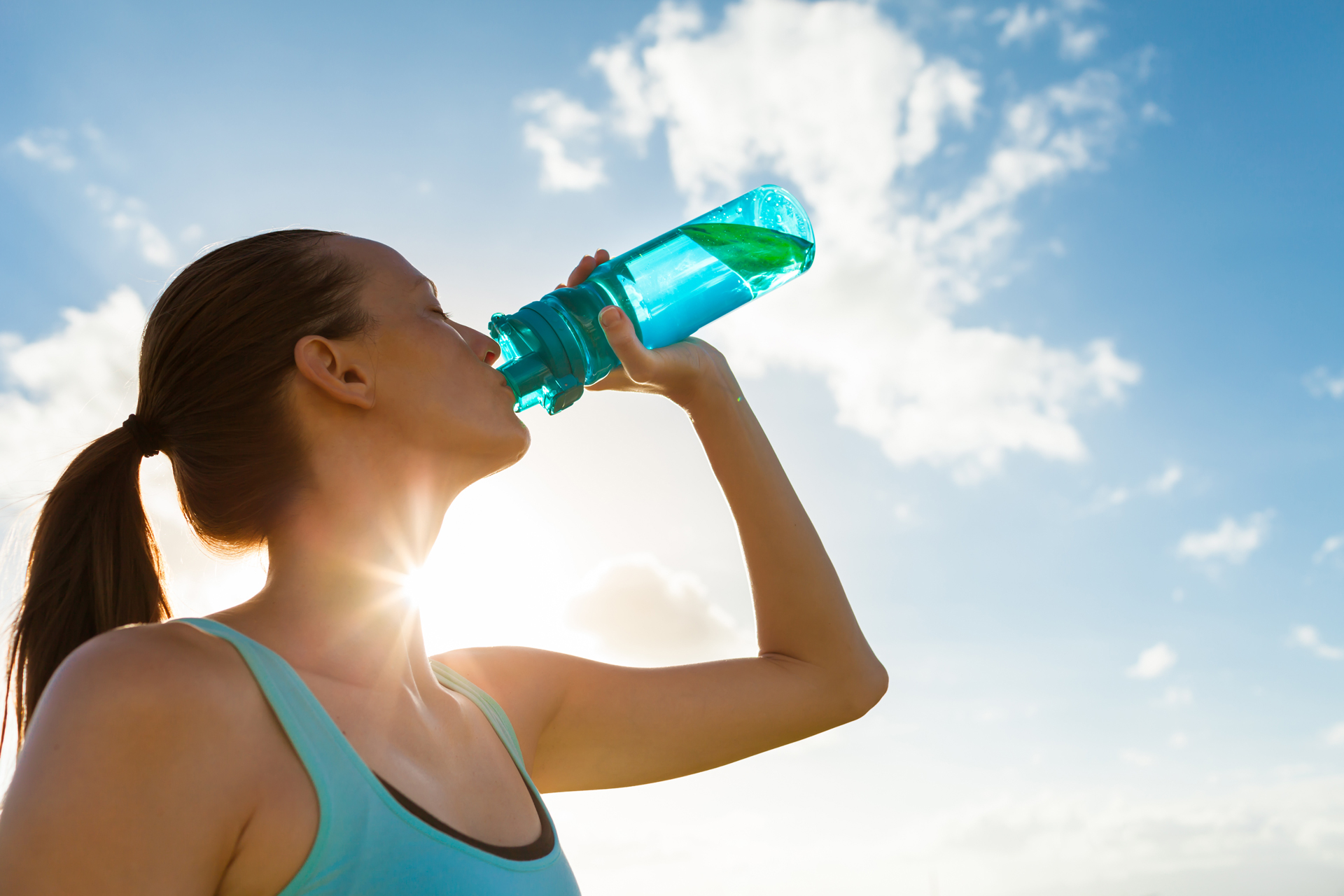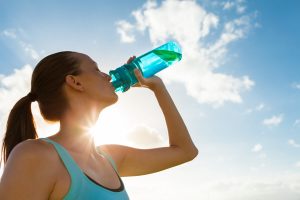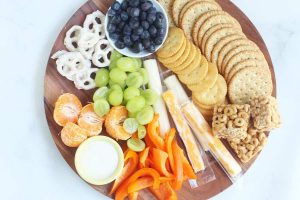Staying hydrated is essential for maintaining overall health and well-being. Water plays a crucial role in nearly every bodily function, from regulating temperature to aiding digestion and supporting cognitive function. Despite its importance, many people struggle to consume enough water throughout the day. This guide offers practical tips and insights to help you stay refreshed and hydrated, ensuring your body functions optimally and you feel your best.
One of the simplest ways to improve your hydration habits is to start your day with a glass of water. After a night’s sleep, your body is naturally dehydrated. Drinking water first thing in the morning kickstarts your metabolism and helps flush out toxins that accumulate overnight. Adding a slice of lemon to your morning water can enhance the flavor and provide a dose of vitamin C, which boosts your immune system and aids in digestion.
Carrying a reusable water bottle with you throughout the day is another effective strategy. A water bottle serves as a constant reminder to drink more water and makes it convenient to hydrate, whether you’re at work, in the car, or running errands. Choose a bottle that suits your lifestyle – insulated bottles keep water cold for hours, while those with built-in infusers allow you to add fruits or herbs for a refreshing twist.
To stay on top of your hydration needs, it’s helpful to set regular drinking intervals. Rather than waiting until you’re thirsty – a sign that you’re already dehydrated – aim to drink small amounts of water consistently. Setting reminders on your phone or using a hydration tracking app can be useful tools. Some apps even allow you to log your water intake and send you notifications, helping you develop a routine.
Incorporating water-rich foods into your diet is another way to boost your hydration. Many fruits and vegetables have high water content, providing hydration along with essential vitamins, minerals, and fiber. Cucumbers, watermelon, strawberries, and lettuce are excellent choices. Soups and broths also contribute to your daily fluid intake, making them a hydrating meal option, especially in colder months.
Herbal teas are a fantastic alternative to plain water, offering a flavorful way to stay hydrated without added sugars or caffeine. Varieties like peppermint, chamomile, and rooibos provide unique health benefits and can be enjoyed hot or iced. Additionally, herbal teas can have calming effects, making them a great choice for unwinding in the evening while still supporting your hydration goals.
Infusing your water with natural flavors can make drinking more enjoyable. Adding slices of citrus fruits, berries, cucumber, or fresh herbs like mint and basil can transform plain water into a refreshing treat. Experimenting with different combinations not only enhances the taste but also provides subtle nutritional benefits. For example, adding a few slices of ginger to your water can aid digestion and reduce inflammation.
Staying hydrated is particularly important during exercise. Physical activity increases water loss through sweat, so it’s essential to replenish fluids before, during, and after your workout. Drinking water before you start ensures you’re well-hydrated, while sipping water at regular intervals during exercise helps maintain hydration levels. Post-workout, water aids in recovery by replacing fluids lost and supporting muscle repair.
Understanding the signs of dehydration is crucial for maintaining proper hydration. Symptoms like dry mouth, fatigue, headaches, and dark urine indicate that your body needs more water. Severe dehydration can lead to dizziness, confusion, and other serious health issues. By paying attention to these signs, you can take proactive steps to increase your fluid intake and avoid the negative effects of dehydration.
Hydration needs vary based on factors such as age, weight, climate, and activity level. While the common recommendation is to drink eight 8-ounce glasses of water a day, individual needs can differ. A useful guideline is to drink half your body weight in ounces of water daily. For example, if you weigh 150 pounds, aim for 75 ounces of water. Adjust your intake based on physical activity and environmental conditions, drinking more in hot weather or during intense exercise.
Hydration isn’t limited to just water; electrolyte balance is also crucial. Electrolytes, such as sodium, potassium, and magnesium, help regulate fluid balance in the body. They are lost through sweat and need to be replenished, especially during prolonged physical activity or in hot climates. Sports drinks and electrolyte tablets can be beneficial, but it’s important to choose options with low sugar content. Natural sources of electrolytes include coconut water, bananas, and leafy greens.
Maintaining a balanced diet that supports hydration is essential. Foods high in water content, like fruits and vegetables, contribute significantly to your overall fluid intake. Additionally, consuming a diet rich in whole foods provides the necessary nutrients for optimal hydration. Processed foods, which are often high in sodium, can lead to dehydration by causing your body to retain less water. Prioritizing a diet filled with fresh, hydrating foods helps maintain fluid balance.
The environment you spend your time in can also impact your hydration levels. Air-conditioned or heated spaces can lead to increased water loss, as can spending time at high altitudes. In such environments, it’s important to be mindful of your water intake. Placing a humidifier in your home or office can help maintain moisture levels in the air, reducing the risk of dehydration caused by dry surroundings.
Alcohol and caffeine consumption can affect hydration status as well. Both substances have diuretic properties, which can increase urine production and lead to fluid loss. If you consume alcohol or caffeinated beverages, it’s important to balance them with adequate water intake. Drinking a glass of water between alcoholic beverages or alongside your morning coffee can help mitigate their dehydrating effects.
Hydration also plays a vital role in maintaining healthy skin. Water helps keep your skin moisturized, reduces the appearance of wrinkles, and promotes a clear, radiant complexion. Dehydration can lead to dry, flaky skin and exacerbate conditions like eczema. Ensuring adequate water intake supports skin health from within, complementing external skincare routines.
For those who struggle to drink enough water, incorporating technology can be a game-changer. Smart water bottles equipped with sensors can track your intake and remind you to drink throughout the day. Some even sync with smartphone apps, providing insights and personalized hydration goals. These tools can make staying hydrated more manageable and engaging.
Traveling, whether for work or leisure, can disrupt hydration routines. It’s easy to forget to drink enough water while on the go. Carrying a reusable water bottle, staying mindful of water quality in different locations, and choosing hydrating snacks can help maintain hydration during travel. Air travel, in particular, can be dehydrating due to low humidity levels in the cabin, so it’s important to drink water regularly and avoid excessive caffeine or alcohol.
Finally, fostering a positive relationship with water is essential for long-term hydration success. Viewing water as a vital component of your daily wellness routine rather than a chore can shift your mindset. Celebrating small wins, like finishing a bottle of water or trying a new infused water recipe, can create a sense of achievement and reinforce healthy habits.
Incorporating these hydration hacks into your daily life can significantly enhance your overall well-being. From starting your day with water and carrying a reusable bottle to enjoying water-rich foods and understanding your individual hydration needs, these strategies provide a comprehensive approach to staying refreshed and energized. By making hydration a priority, you support your body’s vital functions, improve cognitive performance, and promote a healthier, more vibrant lifestyle.





